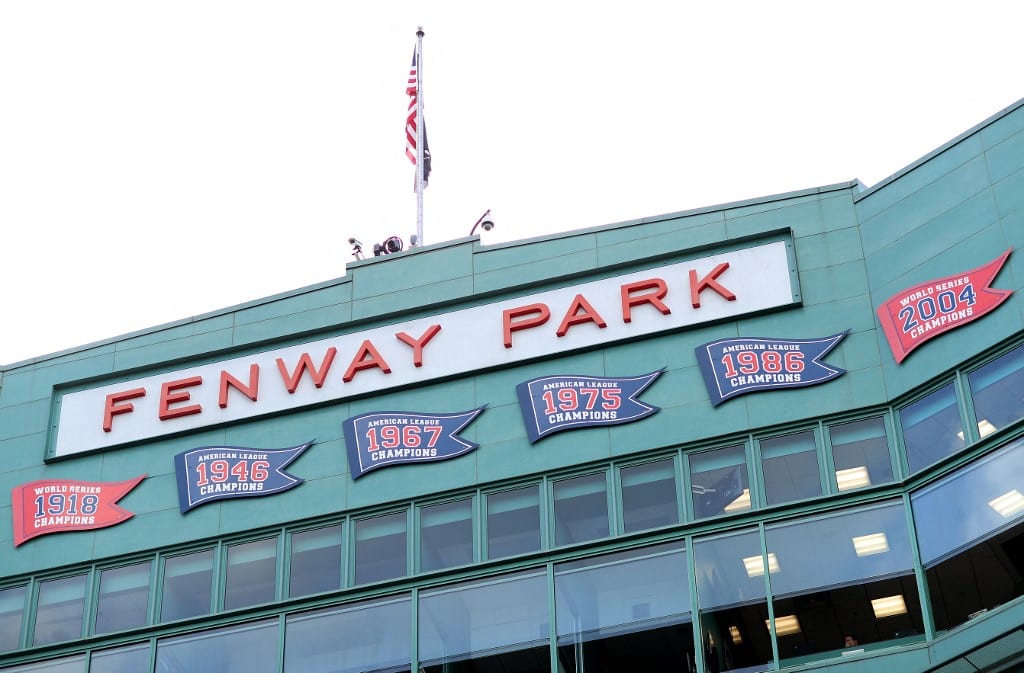
Massachusetts is the latest in a growing number of states to issue cease and desist orders to Bovada, one of sports betting’s leading offshore bookmakers.
Knock It Off
Bovada management has read these tersely worded letters before, and the most recent, from Massachusetts Assistant Attorney General Louisa Gibbs, is now the 13th U.S. jurisdiction to send the offshore bookmaker a cease-and-desist order.
The Massachusetts Attorney General’s office claims Bovada is misrepresenting itself as a licensed online sportsbook to residents of the Commonwealth and is offering both sports betting and horse racing despite having no legal standing to do so.
“Bovada almost exclusively depicts U.S. major league teams and players on its webpages and social media platforms and collaborates with U.S. players and U.S. sports-related content creators to promote its platform,” Assistant Attorney General Louisa Gibbs wrote. “The inducement of consumers to participate in illegal and unregulated forms of gambling by posing as a legitimate business is a violation of state consumer protection law.”
Terms used by Bovada like “USA-based” and “America’s No. 1 destination” for online sports betting and gambling have also rubbed the attorney general’s office the wrong way.
The Massachusetts AG’s office said in a press release, “Unlicensed operators pose a substantial danger to consumers because they do not go through the same rigorous review as licensed operators, have limited or no protections against gambling addiction and underage play, and do not provide consumers with reliable access to their funds since most unlicensed operators are offshore.”
So Far, So Good
It has been reported that Bovada has complied with the cease-and-desist letters from other states, and unless there is a change of heart from management, it would appear Bovada would do the same in Massachusetts and restrict Bay State residents from accessing its site.
Government agencies in Nevada, Maryland, New Jersey, Delaware, New York, Colorado, Michigan, Connecticut, West Virginia, Ohio, Washington D.C., and most recently Louisiana have all issued correspondence to Harp Media B.V., Bovada’s parent company based in the Dutch Caribbean Island of Curaçao, telling it to leave their respective markets.
The American Gaming Association (AGA) senior vice president of government relations, Chris Cylke, recently lauded the success of Michigan and Colorado as one of the earliest states to take action against Bovada. But he has taken it one step further and called for federal intervention against offshore sports betting platforms operating in the United States.
“Successful enforcement actions against Bovada by Michigan and Colorado are proof that states have tools to fight back against offshore operators and should serve as blueprints for other states to follow. But states should not have to take on this battle alone — the DOJ must also use its powers to aid the fight against illegal gambling, which Congress has clearly identified as a department priority,” said Cylke.
A message on Bovada’s website states:
“Should you reside in a restricted state and still retain an account balance, please contact Customer Service for more information or to arrange a cryptocurrency withdrawal.”







